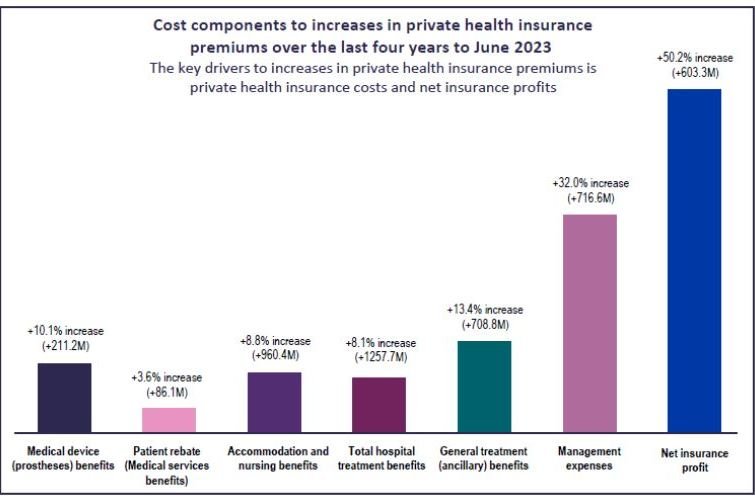Maroondah City Council has introduced a new approach to food safety risk assessments which are aimed at working better with businesses across the municipality to maintain a high standard of food safety.
As of 1 July 2019, Council has been using a new system of determining the overall food safety risk and communicating this with businesses.
Mayor Councillor Rob Steane, said Council Environmental Health Officers (EHOs) routinely visit food premises in Maroondah to ensure local businesses had a good understanding of the food safety risks within their business.
“Following an inspection, businesses will be given an overall risk rating of high (critical); medium (major) or low risk to the community.
“Council’s food safety risk assessment program sets high standards of engaging with business and community groups to help educate and support them to improve on food safety practices and reduce the incidence of food-borne illness,” Cr Steane said.
“Our objective is to help food businesses to identify the areas where things can go wrong and provide guidance on the actions required to prevent food from becoming unsafe or unsuitable for human consumption and sale,” he said.
“We are focusing more on food processes and food handling, and ensuring businesses understand how to prevent selling unsafe or unsuitable food.”
EHOs within Council are responsible for implementing the Food Act 1984 through registration, monitoring (inspections, food sampling), education and compliance.
“Food safety inspections are one of the many procedures put in place by the Victorian Government to ensure that food is safe for consumers. As a lot of food preparation occurs behind closed doors, customers are often unaware of how their products are made,” Cr Steane said.
“Council EHOs ensure that food businesses within Maroondah operate in accordance with the Australia and New Zealand Food Standards. EHO’s achieve this through a range of services and programs, including annual assessments and follow up inspections; plan approvals for new premises; food safety education, investigating food complaints and food poisoning incidents,” he said.
“Maintaining the safety of food requires constant vigilance by government, industry and consumers as the food supply changes as a result of new technologies, expanding trade opportunities, and changing trends and dietary needs,” Cr Steane added.








